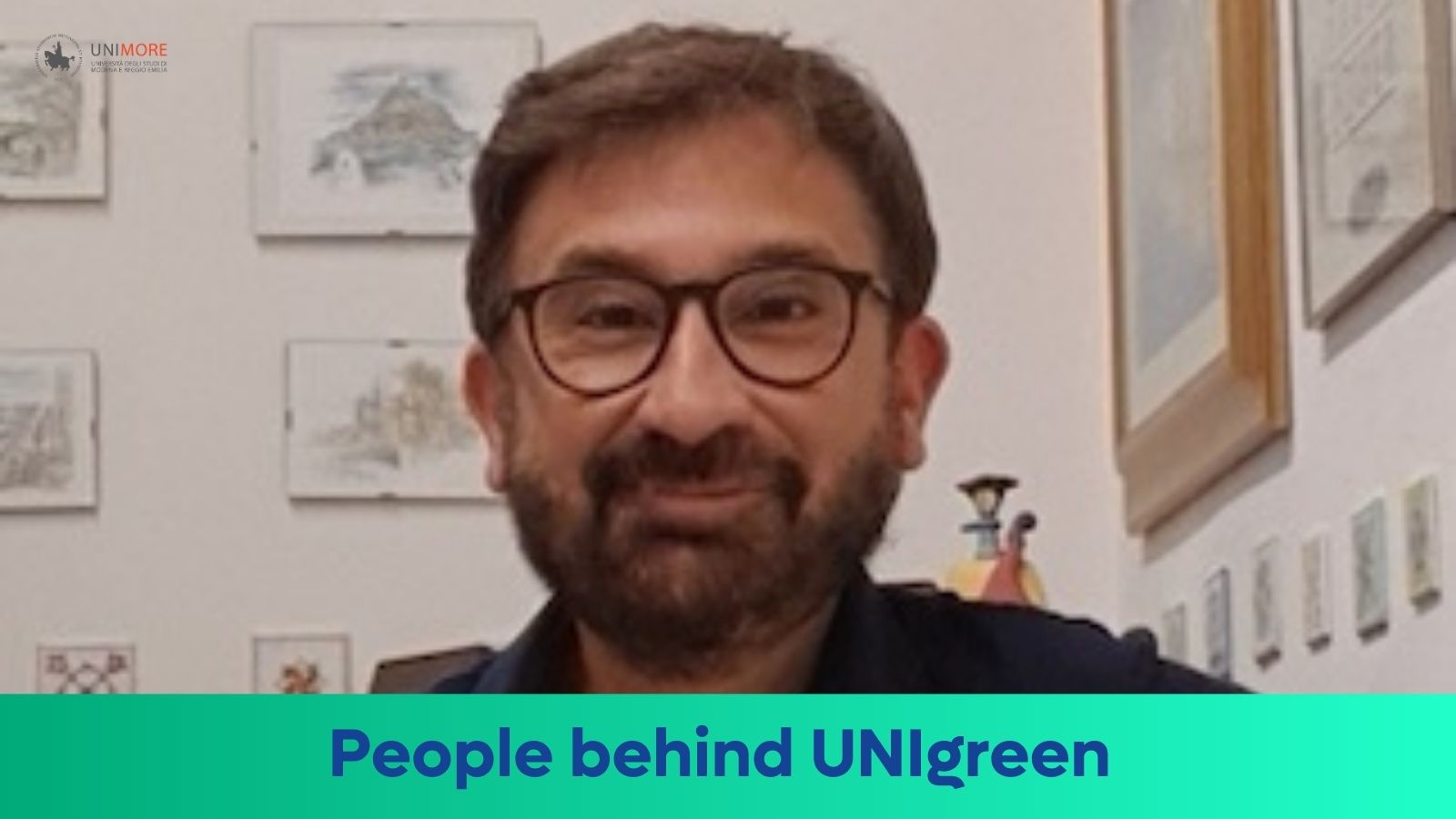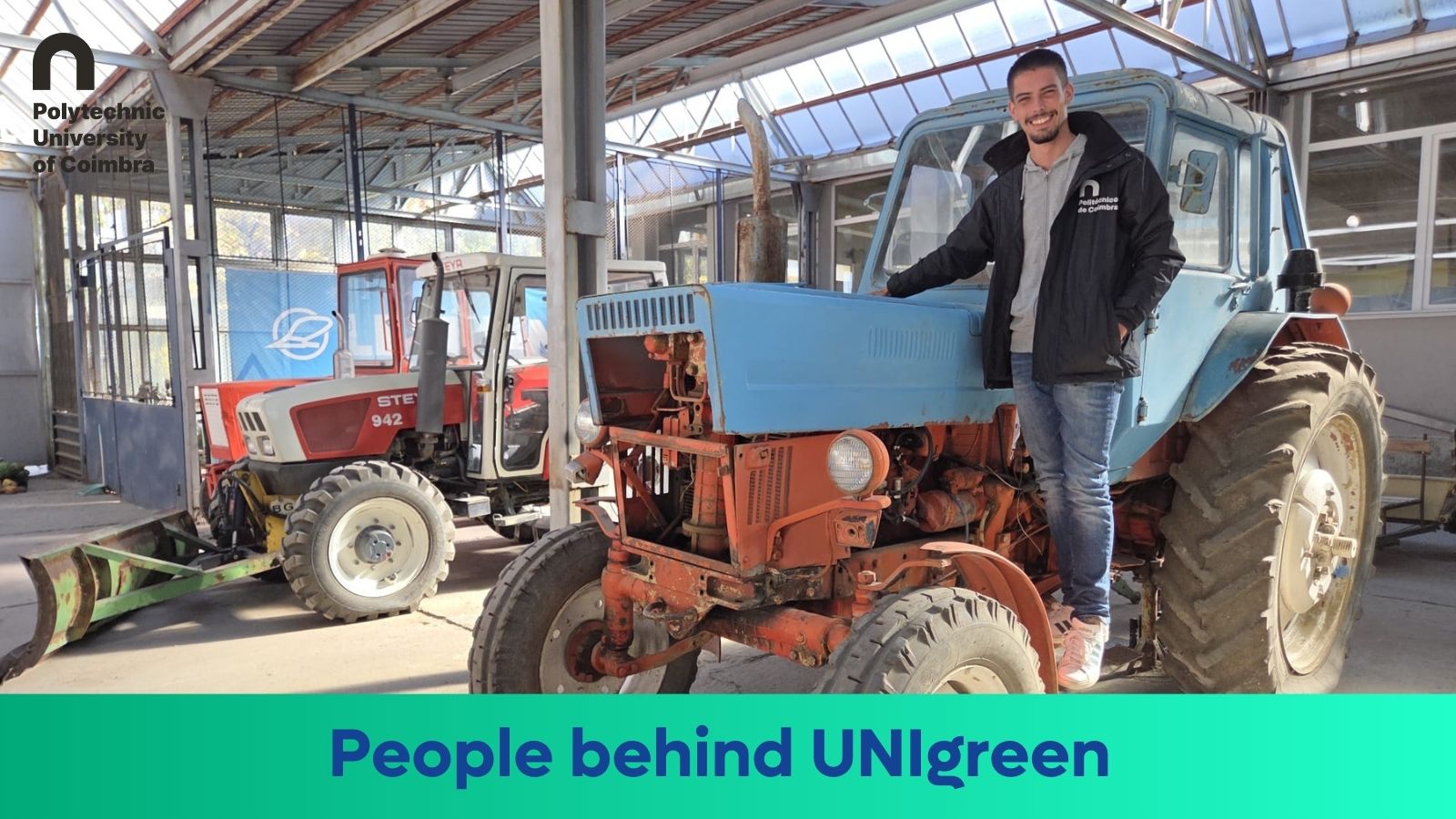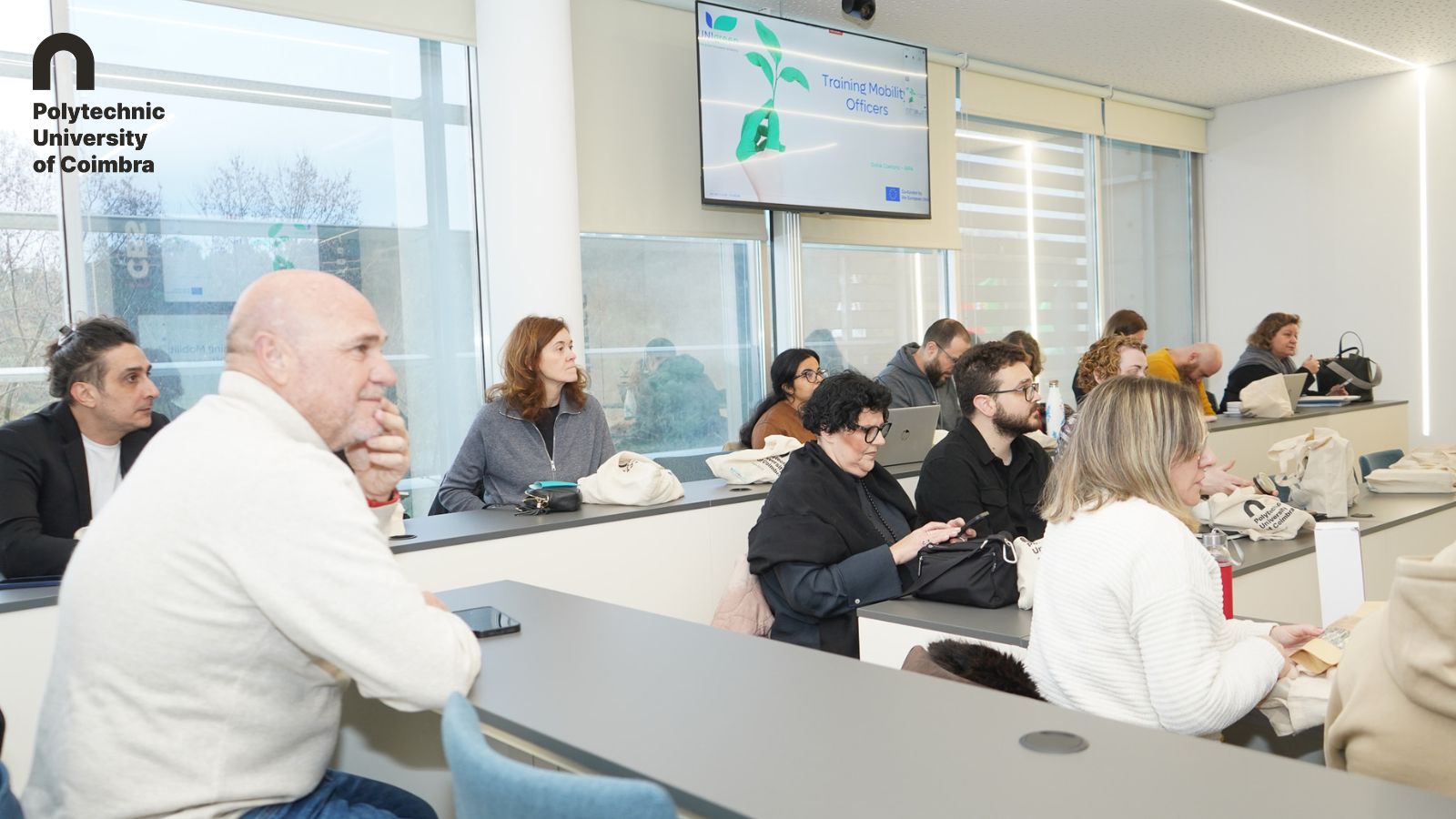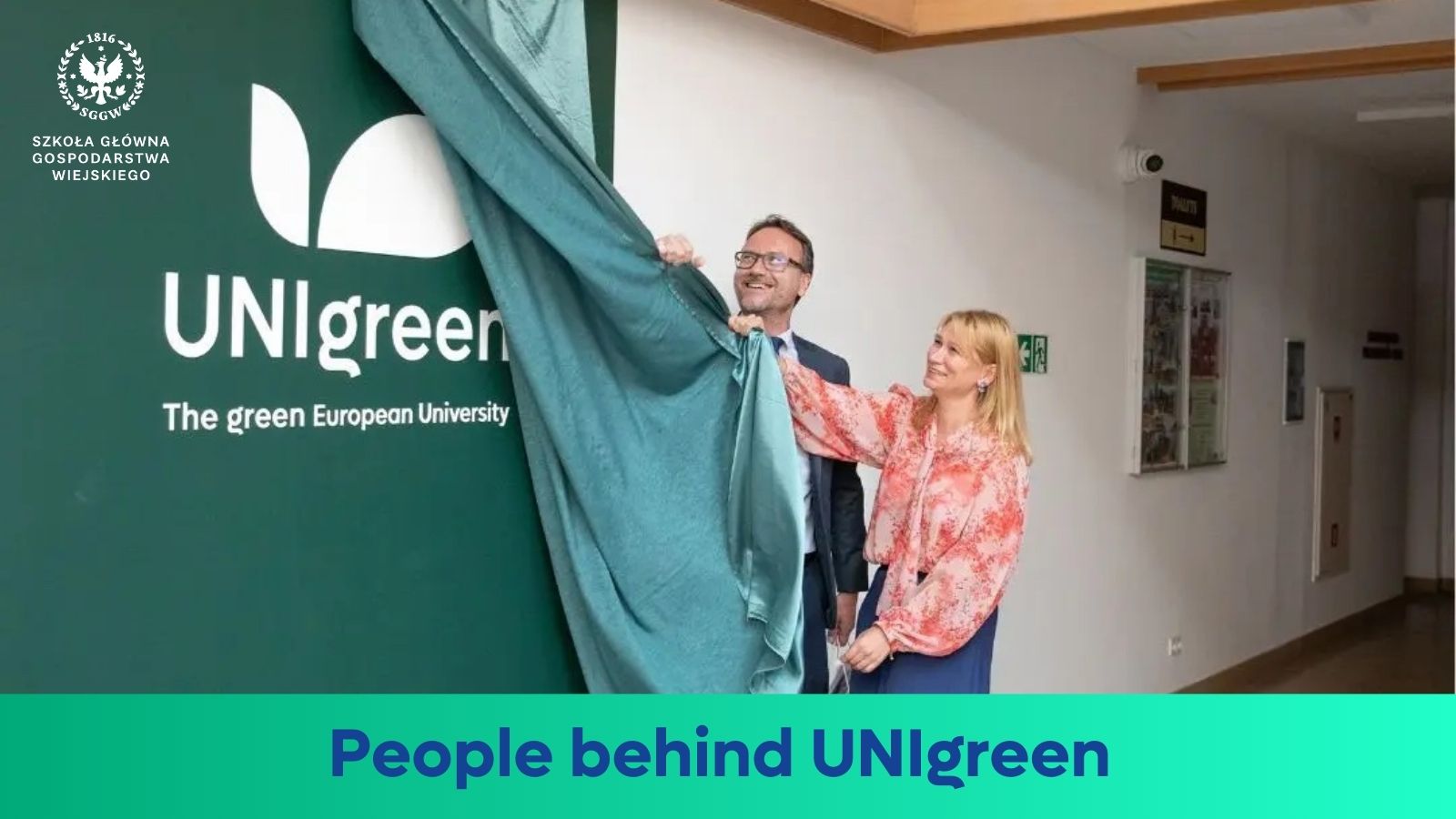Could you briefly introduce yourself?

My name is Andrea Pulvirenti, and I am an Associate Professor of Food Microbiology and Quality Management at UNIMORE. I conduct research on improving food shelf life to reduce food waste, reduce foodborne illnesses, and develop innovative projects related to the green economy. In 2017, I founded a spin-off that is now a food company that recovers waste and transforms it into food by-products. My studies included a degree in Food Science and Technology and a PhD in Food Biotechnology, completed in collaboration with the University of Catania and the INRA in Paris-Grignon.
I have gained experience in agri-food and environmental assessment projects and numerous collaborations with public and private stakeholders. For UNIgreen, I coordinated a BIP (Blended Intensive Program) titled “Food Productions: Scientific and Practical Approaches,” helping to foster understanding among students from the various alliance organizations and encouraging discussion of quality management practices, as well as sustainability, across countries.
Can you share a concrete way in which UNIgreen is having a positive impact?
UNIgreen is having a concrete positive impact through sustainable mobility projects and interdisciplinary research networks. In the sustainability field, it coordinates initiatives in the circular economy, emissions reduction, and responsible resource management at the local level, with transparent measurement and public KPIs. In terms of inclusion, it promotes open access to research results, group training, and collaborations with universities and businesses to expand participation opportunities. In education and training, it offers workshops, MOOCs, and hands-on labs that integrate the partners’ diverse digital and social skills. In research, she supports transdisciplinary projects that bring together science, policy, and community for innovative and scalable solutions. This combination sets UNIgreen apart from the rest of the scene. I am already busy coordinating a new BIP for June 2026.
What’s a lesson you’ve learned from working with such a diverse and international team?
A key lesson was the importance of structured organization when working with a diverse and international team, especially in the context of the BIP for students from different locations. Coordinating logistics, content, and facilitators requires clear objectives, time/transport planning, and multilingual communication. Creating moments of cultural immersion and ongoing mentorship is crucial to facilitate integration between participants and different locations. Careful management of pre-event briefings, operational guides for teachers and tutors, and a common feedback platform transformed potential barriers into opportunities for shared learning, trust, and effective collaboration.
If UNIgreen were a plant, how would you describe it?
If UNIgreen were a plant, it would be an oak tree: rooted in the community, deeply rooted in sustainability and the values of inclusion. Its foliage would be branches of interdisciplinary research, leaves of concrete projects for mobility and the circular economy, and flowers of lifelong learning. It would be the lifeblood of collaboration between universities, institutions, and businesses, offering protective shade to those who participate and stimulating new opportunities. Resilient, adaptable to different contexts, and capable of regenerating itself through transparent KPIs and measurable impact. A living plant that grows with everyone’s participation.




